 - Plastic waste can exist for hundreds of years in nature, causing long-term impacts on forest ecosystems, rivers and human health. In the province, the use of disposable plastic products is still common, while collection and treatment are still difficult. Therefore, reducing plastic waste is an urgent solution to protect the living environment, preserve natural resources, and move towards green and sustainable development.
- Plastic waste can exist for hundreds of years in nature, causing long-term impacts on forest ecosystems, rivers and human health. In the province, the use of disposable plastic products is still common, while collection and treatment are still difficult. Therefore, reducing plastic waste is an urgent solution to protect the living environment, preserve natural resources, and move towards green and sustainable development.
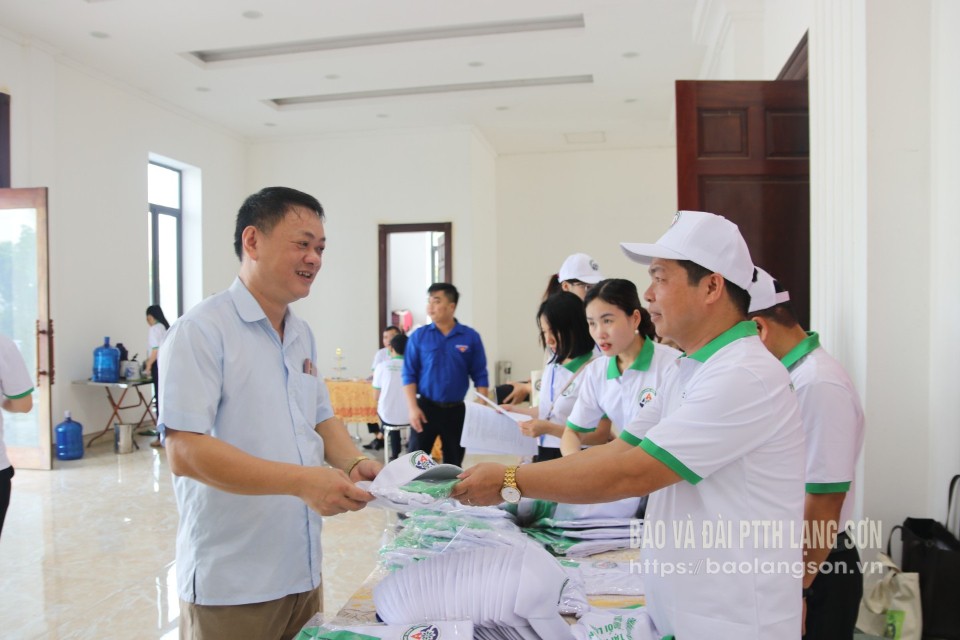
Not only in Ms. Nga’s case, through our survey at traditional markets in the province and culinary streets, the use of plastic bags and disposable plastic products is still common. Most traders and consumers still prioritize convenience and low prices over choosing environmentally friendly products.
According to statistics from the Department of Agriculture and Environment, the province generates about 200,000 tons of household waste each year, of which plastic waste accounts for 2/3 of the total amount of household waste. The rate of waste collection and treatment is about 80%, but only 12-15% of plastic waste is recycled. Nearly 75% of the remaining waste is treated by landfill, posing a potential risk of soil and water pollution, with long-term impacts on the environment and public health.
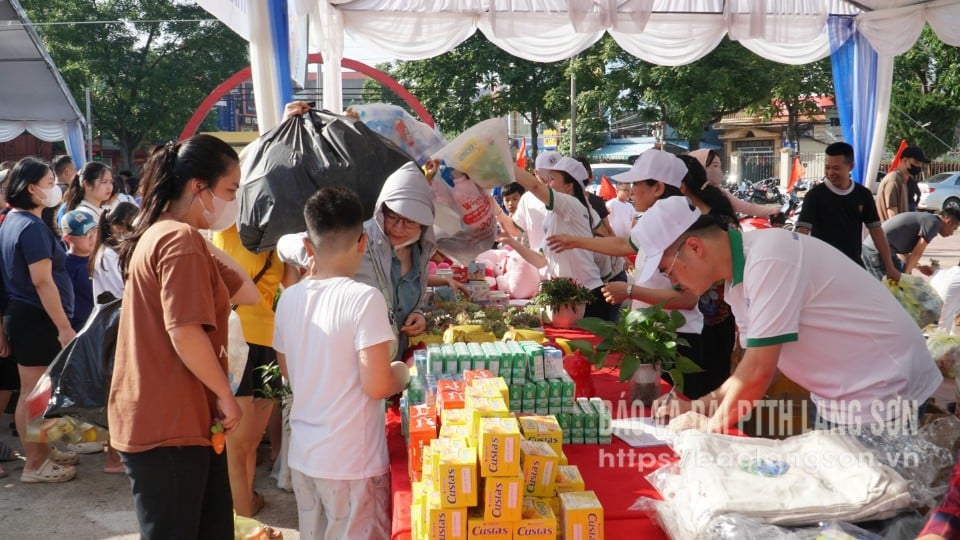
Faced with this situation, the province has implemented many solutions to raise public awareness. Mr. Nguyen Huu Truc, Deputy Director of the Department of Agriculture and Environment, said: Every year, we coordinate with localities to organize the launching ceremony of the "Anti-plastic waste" movement, build model projects such as residential areas that limit the use of plastic products, plastic waste-free markets, etc. At the same time, we promote propaganda, distribute leaflets, billboards, and give away free environmentally friendly bags to people and small traders.
Specifically, from 2023 to present, the province has coordinated with districts and cities to organize 3 campaigns to respond to the "Anti-plastic waste" movement, each attracting more than 1,000 participants; distributing over 1,000 leaflets and about 500kg of friendly plastic bags.
In districts and cities, anti-plastic waste content is also integrated into training sessions and environmental conferences, especially in communes that are key to new rural development. Through this, commune officials, business households and organizations are equipped with more knowledge about the harmful effects of plastic waste, contributing to spreading the action of "green living" in the community.
Typically, Lang Son city has organized 4 "Exchange trash for gifts" campaigns since 2023, plastic waste recycling competitions, and environmental sanitation campaigns. Each campaign collected 500 - 600 kg of plastic waste and distributed more than 1,000 kg of friendly bags. On June 1, 2025 alone, the city attracted more than 4,000 people to participate, distributed nearly 3,000 gifts, and collected more than 600 kg of used plastic waste.
Ms. Nong Thi Thuy Huong, Vice Chairwoman of Quang Lac Commune People's Committee, said: In response to World Environment Day, the commune has coordinated with schools to participate in a waste recycling competition. We have made use of recycled plastic waste to make shopping baskets, school supplies, fashion clothes, etc., thereby spreading a green lifestyle to the community. To raise people's awareness of combating plastic waste, we have deployed the "Green House" model in 100% of villages and schools to collect recyclable waste, especially plastic waste.
Ms. Hoang Thi Anh, Head of the Department of Agriculture and Environment of Binh Gia district, shared: In recent times, the "Anti-plastic waste" movement has been widely deployed by the district, integrated into village meetings and conferences. Responding to the Month of Action for the Environment, since the beginning of June 2025, the district has organized 45 propaganda sessions via loudspeakers, hung nearly 20 banners and slogans to promote anti-plastic waste and mobilized nearly 7,000 workers to clean the environment, dredge canals..., especially collect plastic waste in public areas, markets, schools, rivers and streams.
Practical activities from all levels, sectors and localities have gradually created positive changes in the awareness and actions of the community. Currently, some large supermarkets, small businesses, cafes, and many households are also gradually switching to using environmentally friendly products such as paper cups, biodegradable plastic bags, paper straws, etc.
Mr. Ly Quang Thuan, Duc Hinh street, Van Quan town said: My family sells food such as fruits, snacks, and uses about 3 - 5kg of plastic bags every month. Since I was informed about the harmful effects of plastic waste, I have gradually switched to using environmentally friendly products, buying biodegradable plastic bags, or using reusable bags to limit plastic waste.
However, changing the habit of using disposable plastic in the community is still a big challenge. Therefore, for the "Anti-plastic waste" movement to truly spread, it requires the synchronous participation of the government, businesses and people. In particular, the State needs to have policies to support small traders and business households to switch to environmentally friendly products; at the same time, invest in infrastructure for collecting, classifying and recycling waste and promote propaganda to change consumer behavior.
Only when each person voluntarily reduces the use of disposable plastic, moving towards a green - clean - sustainable lifestyle, will the fight against plastic waste be truly effective, contributing to preserving a clean environment for today and tomorrow.
Source: https://baolangson.vn/giam-rac-thai-nhua-bao-ve-cuoc-song-5049012.html








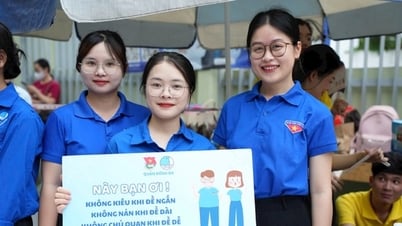

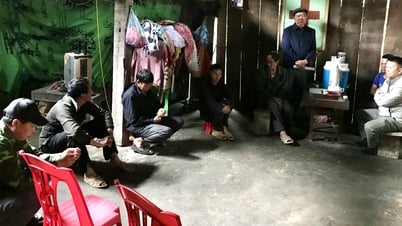


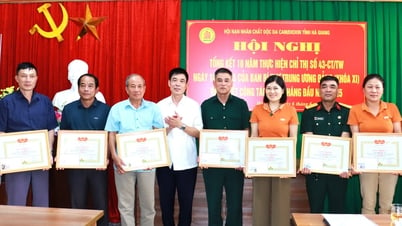
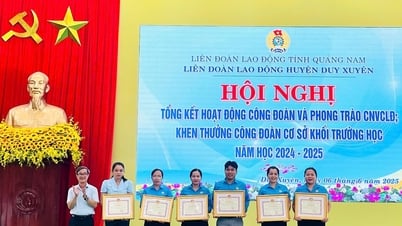

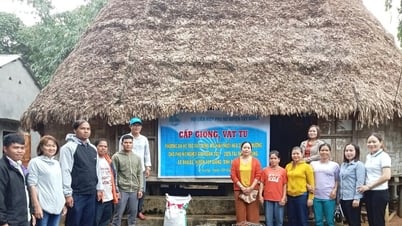




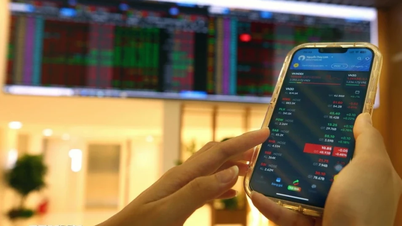
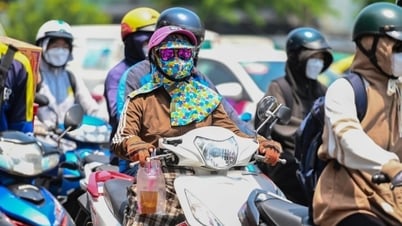
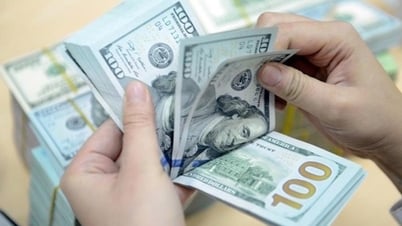


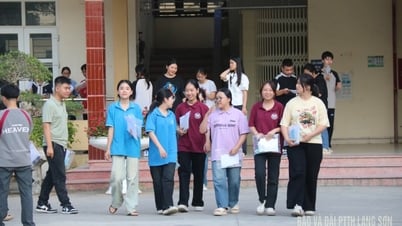
![[Photo] Nearly 104,000 candidates in Hanoi complete procedures to take the 10th grade entrance exam](https://vphoto.vietnam.vn/thumb/1200x675/vietnam/resource/IMAGE/2025/6/7/7dbf58fd77224eb583ea5c819ebf5a4e)































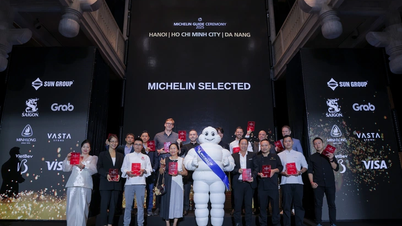
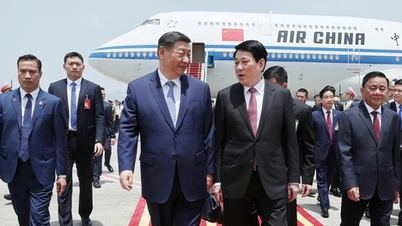
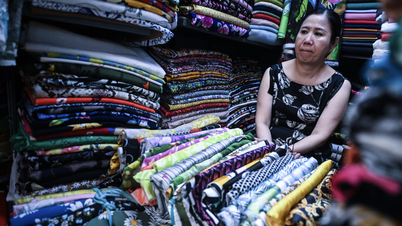



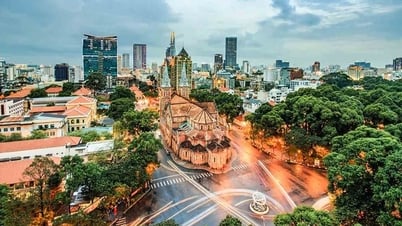
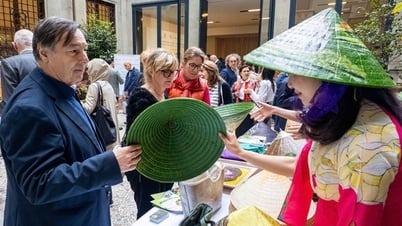



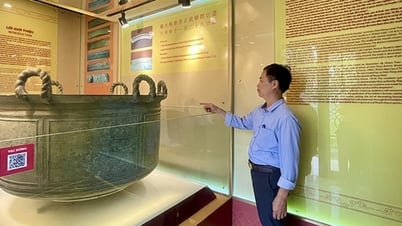






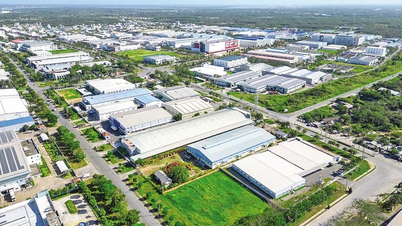






![[OCOP REVIEW] Tu Duyen Syrup - The essence of herbs from the mountains and forests of Nhu Thanh](https://vphoto.vietnam.vn/thumb/402x226/vietnam/resource/IMAGE/2025/6/5/58ca32fce4ec44039e444fbfae7e75ec)



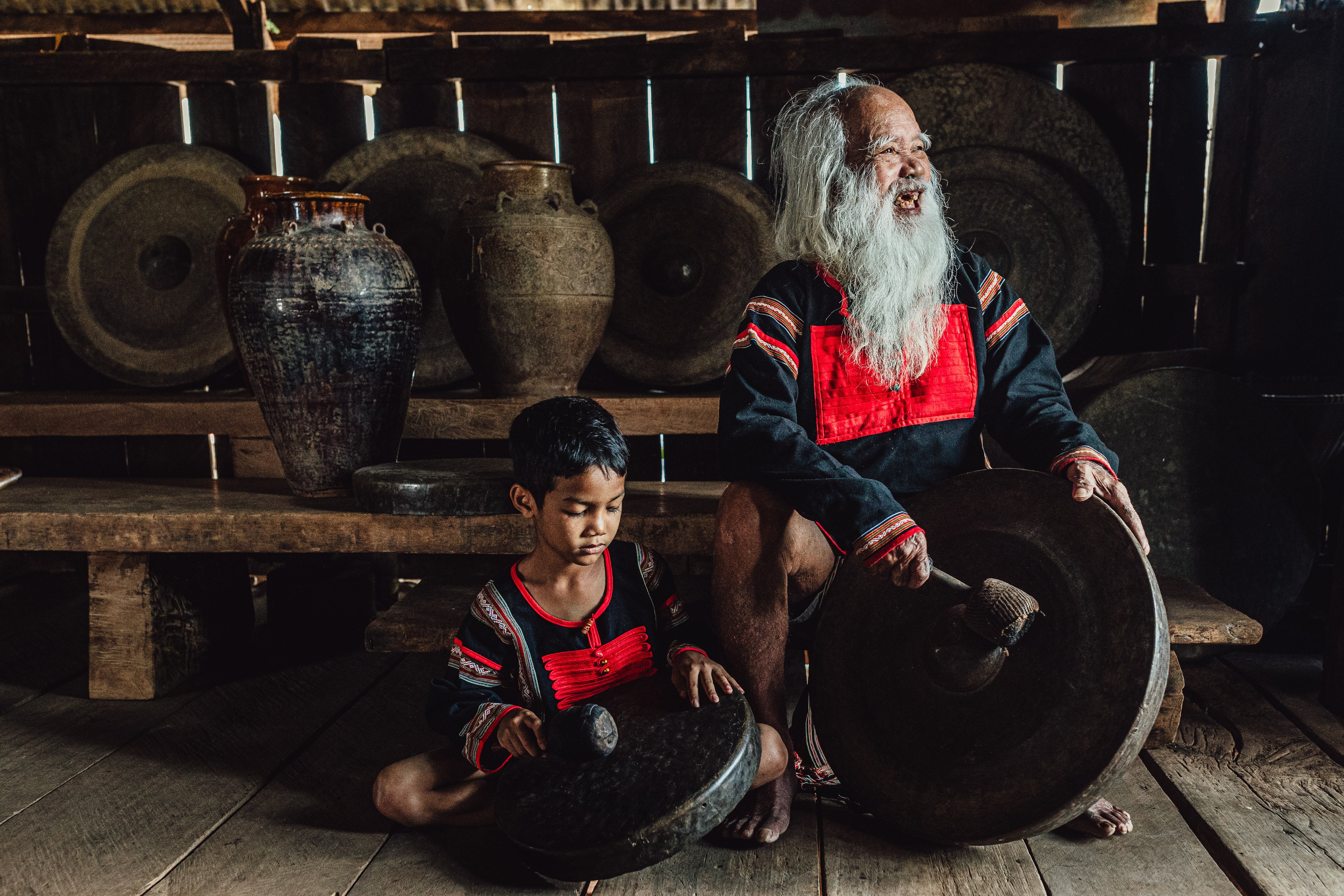
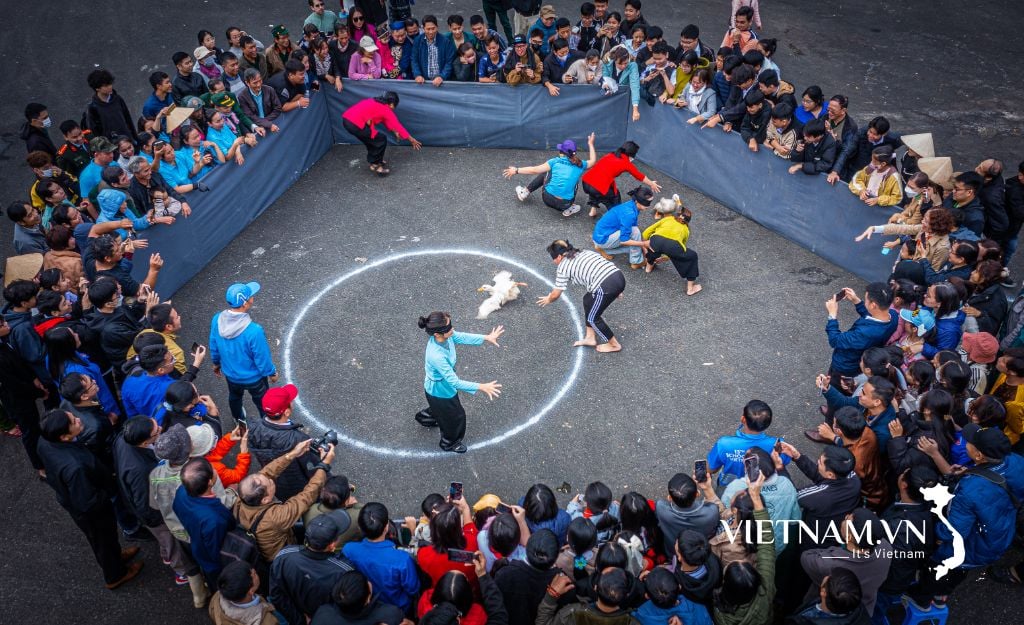

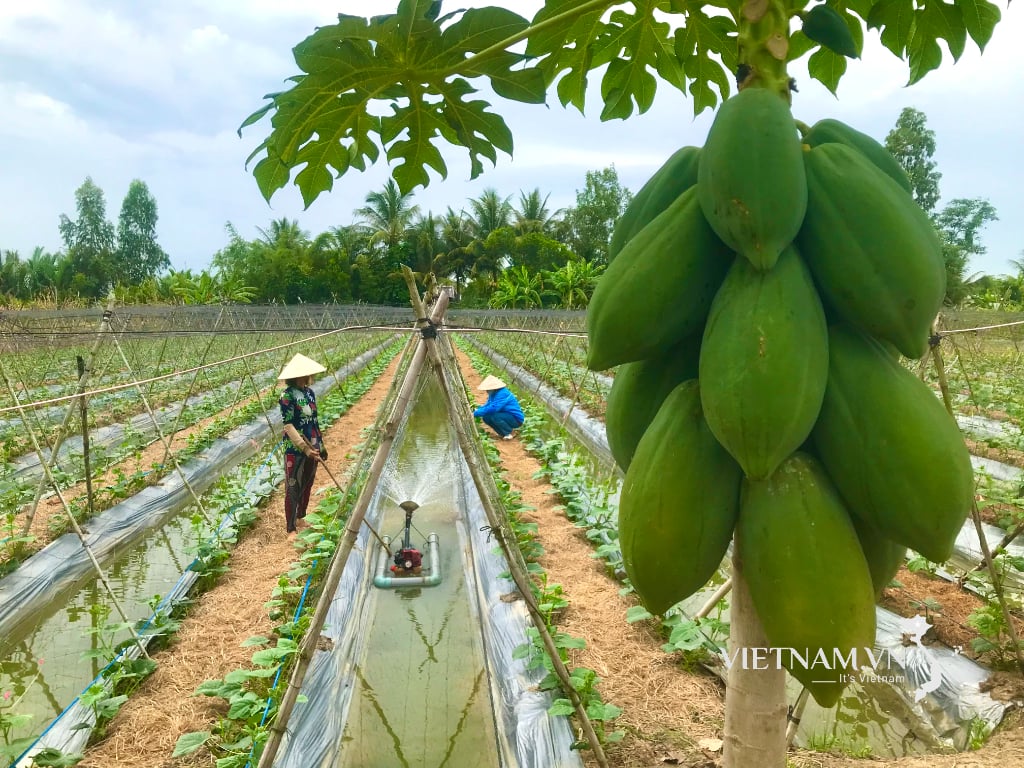
Comment (0)